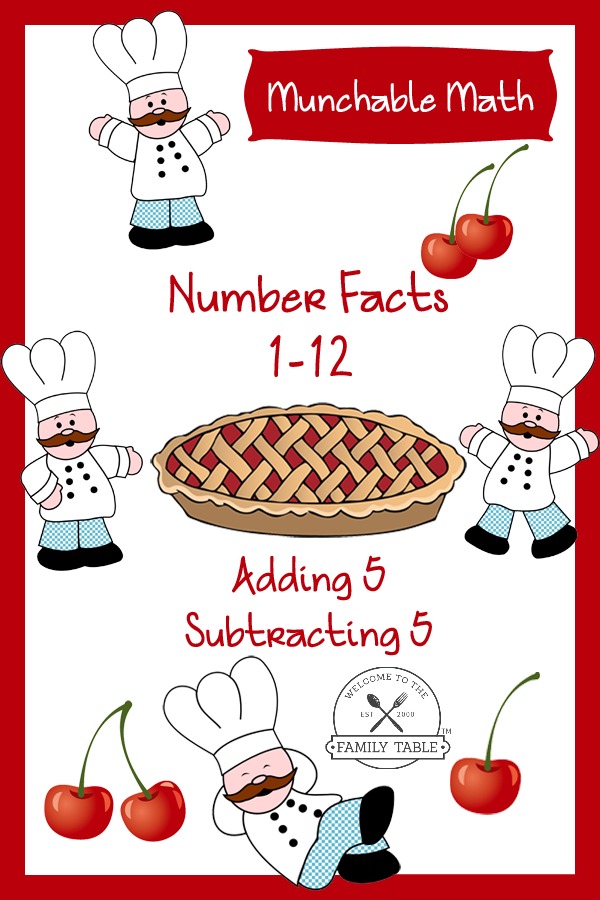Teaching Multiple Children in Multiple Grades
As the mother of eight children, I often struggled in the beginning of our homeschooling adventures with trying to teach each of the kids in each of their grade levels. This amounted to me repeating myself several times, but in different ways so each of the kids would grasp the topics, skills, or concepts I was teaching. When I was in my mid-thirties, I returned to college. I decided that I needed to merge my teaching time with the children in order to give myself time for my own learning. I began teaching subjects, such as astronomy, to all the children at once. I began by introducing the information I wanted my high school students to learn and understand, allowing the younger kids to ask questions when they didn’t grasp something, and challenging my teens to assist their younger siblings with understanding.
The older children were tested on the information, but the younger children were simply asked to explain topics, like the various sizes of planets, constellations, very basic explanation of what a light year is, etc. This gave the older children the necessary information they needed for credit in the class (after all, I was using my college textbook as our teaching resource!), and it gave the younger children a solid working idea of the world of astronomy. We capped off this particular learning by going to Cape Canaveral and watching one of the last space shuttle launches! We’ve made science a family affair as well. One day, while the older children were studying polymers, we actually made flubber!
This is just one example of how teaching multiple children can be adapted for the benefit of all of the children. It is easily transferred into the teaching of history, sciences, English, and some very basic mathematical concepts. The basic idea:
- an initial teaching geared toward to the older children
- a question and answer time for the younger children
- teaching or assisting of the younger children by the older children (this keeps both groups engaged!)
- some sort of testing of understanding and retention
For me, the bottom line was that my younger children were exposed to the topics earlier, and therefore the expectation was that when they were the high school students, they would have a more solid, complete working knowledge of some of the subjects they would be studying. In addition, we spent more time together as a family and the older children were held to a higher level of accountability because they were passing on their knowledge to younger siblings. Even things such as grocery shopping can build team work and valuable character traits that we desire our children to possess.  “And at the end of ten days it was seen that they were looking better and had taken on more flesh than all the youths who ate of the king’s rich dainties…As for these four youths, God gave them knowledge and skill in all learning and wisdom, and Daniel had understanding in all [kinds of] visions and dreams.” (Daniel 1:15 & 17, Amplified Bible)
“And at the end of ten days it was seen that they were looking better and had taken on more flesh than all the youths who ate of the king’s rich dainties…As for these four youths, God gave them knowledge and skill in all learning and wisdom, and Daniel had understanding in all [kinds of] visions and dreams.” (Daniel 1:15 & 17, Amplified Bible)





As a homeschooling mom to 5 kiddos ages 10 down to 11 months, this is what I have been working on! Great post!